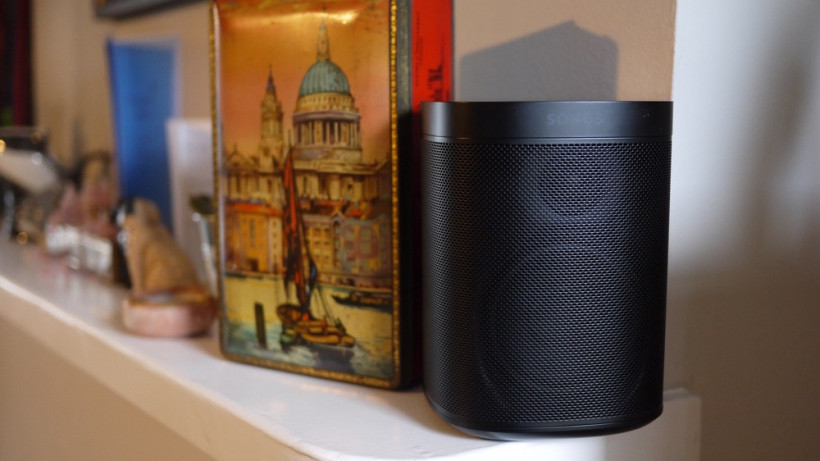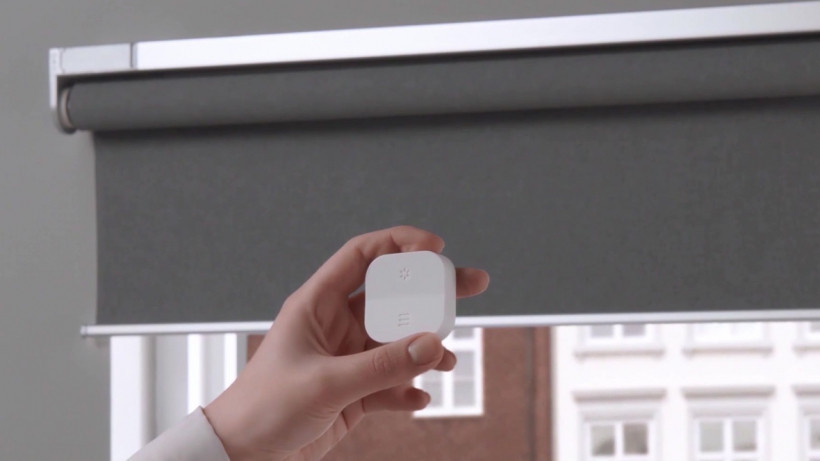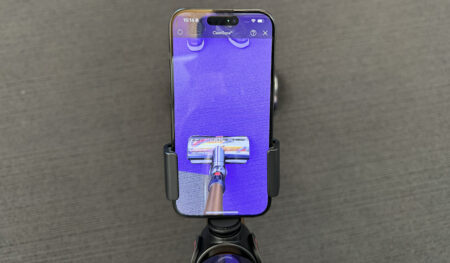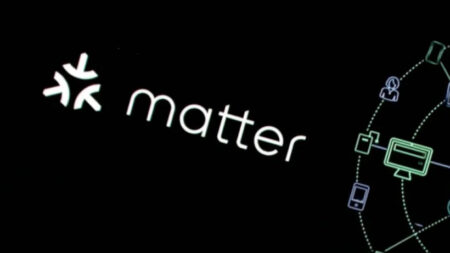Smart home companies are failing to keep their word
Hats off to whoever runs Ring’s Twitter account. For the last three years, almost daily, Ring’s social media rep has been swatting away understandably irate customers who are asking a very simple question: When will HomeKit support come to Ring’s doorbells? I can’t say I feel as much sympathy towards Ring itself, which promised the feature all those moons ago and yet still hasn’t delivered. In fact, the more time that passes, the more I wonder if we’ll see it at all.
But Ring’s case is just one part of a much larger and nasty trend in the smart home, and one that’s only getting worse.
I’ll give you a more recent example: Ikea’s Fyrtur smart blinds, which the furniture maker said would have HomeKit support at launch. Now the company says HomeKit won’t arrive until “later this fall.” And it isn’t even the first time Ikea has done this: It also promised HomeKit for its Tradrfi smart plug when it went on sale last year, but it was delayed for six months.
TP-Link didn’t give us a good reason for killing HomeKit support
At least there’s reason to believe Ikea will deliver on its promised feature. Not so for TP-Link, which this month cancelled plans for HomeKit support in its Kasa Wi-Fi Plug Mini. It was annoying for two reasons: It’s a highly popular smart plug that many people will have already bought due to the HomeKit guarantee; and TP-Link didn’t give us a good reason for killing HomeKit support.
The fact that other companies, some smaller than TP-Link, have managed to offer HomeKit smart plugs, makes the decision all the stranger – and the company’s earlier promise of adding support in “early 2019” all the more infuriating.

And lest we forget Sonos, which promised in October 2017 that it would soon be adding Google Assistant to its Sonos One smart speaker – a feature that didn’t roll out until May 2019. When Sonos and Google talked me through the technical hurdles they had to overcome in order to get Assistant and Alexa working side-by-side, I understand why it took so long to make happen – but Sonos shouldn’t have talked the feature up until it knew it could do it, or at least had a firmer timeline in place.
There’s still a problem with HomeKit
Sonos aside, you’ve probably noticed a theme running through these examples: HomeKit. Apple’s smart home platform has been much slower to grow than Amazon’s or Google’s. I’ve spoken to a lot of companies trying to get HomeKit certification, and all of them tell me the same thing: it’s still really hard.
Despite Apple changing the rules so manufacturers no longer need to include a physical chip in order to meet HomeKit standards, the engineering hoops these companies must jump through are stringent. As Wyze co-founder David Crosby recently told me, they’re also sometimes at odds with the device maker’s own ambitions, which can quickly stymie progress. In fact, Wyze is another example of a company that promised HomeKit support – in this case, for the Wyze Cam – and now may not be able to deliver, as Crosby recently revealed to The Ambient.
HomeKit certification is still hard
But acknowledging the difficulties associated with HomeKit certification isn’t to excuse the problem of companies shouting about forthcoming features without the certainty they can actually deliver. If companies want to win the trust of users, they need to hold back on over-promising, otherwise people only get burned.
Of course, the next level of this is companies that deliver features and then remove them entirely, which is something my colleague Jennifer recently wrote about. The whole piece is worth reading, but this part rings especially true for me:
“[The] open ecosystem where all our devices work with each other and we, the homeowners, are in control of how we shape our connected home, looks more like a fairy tale. Instead, most of us will run our homes through one platform – Google, Alexa, HomeKit or SmartThings – buying only the devices they say we can buy, and hoping that they’ll deign to work with each other so we can still turn our thermostat up with our voice.”
As the open ecosystem shrinks, it will be more important than ever to know exactly how devices will work and who they’ll operate with. Don’t pay for a promise. There’s a good chance you’ll only get burned.





